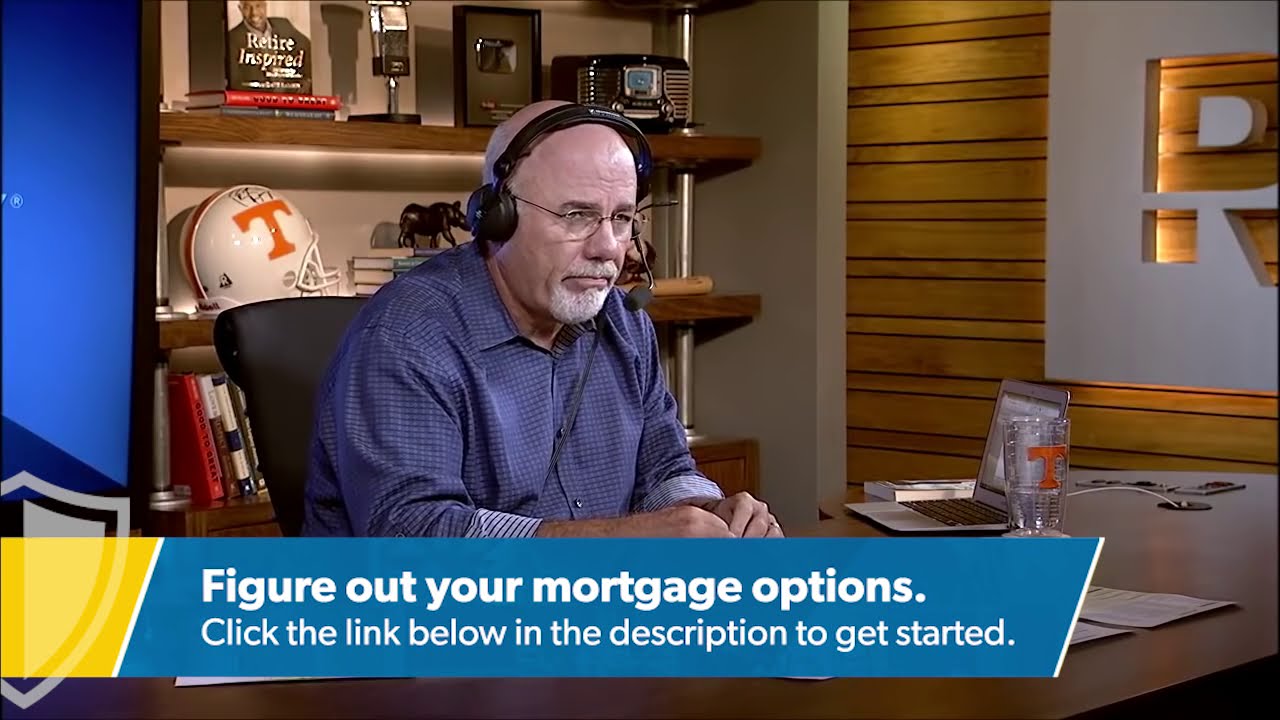mortgage fast pay
Navigating the complex world of mortgages can be daunting, but with the right strategies, homeowners can take control of their financial futures. “Mortgage fast pay” is a concept that has gained significant traction in recent years, offering homeowners a way to pay off their mortgages more quickly and save thousands of dollars in interest over the life of the loan. In this comprehensive article, we’ll explore the ins and outs of mortgage fast pay, providing you with the knowledge and tools you need to make informed decisions and achieve your financial goals.
Understanding Mortgage Fast Pay
What is Mortgage Fast Pay?
Mortgage fast pay, also known as mortgage acceleration or prepayment, is the practice of making additional payments towards the principal of a mortgage loan. By making extra payments, homeowners can shave years off the life of their loan and save a substantial amount of money in interest. This approach can be particularly beneficial for those who have the financial means to make larger monthly payments or lump-sum payments towards their mortgage.
Benefits of Mortgage Fast Pay
The primary benefits of mortgage fast pay include:
- Reduced Interest Costs: By paying off the loan faster, homeowners can significantly reduce the total amount of interest they will pay over the life of the loan, resulting in substantial savings.
- Faster Equity Building: As the principal balance is paid down more quickly, homeowners build equity in their property at a faster rate, increasing their net worth and financial security.
- Earlier Debt Freedom: Paying off the mortgage faster means homeowners can become debt-free sooner, providing them with greater financial flexibility and peace of mind.
- Flexibility: Many mortgage lenders allow for additional payments without penalty, giving homeowners the option to make extra payments when they are able to do so.
Understanding Mortgage Amortization
To fully comprehend the benefits of mortgage fast pay, it’s essential to understand the concept of mortgage amortization. Amortization is the process by which a loan, such as a mortgage, is gradually paid off over time through a series of periodic payments. Each payment is composed of both principal and interest, with the proportion of each varying throughout the life of the loan.
At the beginning of the loan, a larger portion of each payment goes towards interest, while a smaller portion goes towards the principal. As the loan progresses, the ratio shifts, with a greater percentage of each payment going towards the principal. This is where the power of mortgage fast pay comes into play, as making additional principal payments can drastically reduce the overall interest paid and the time it takes to pay off the loan.
Strategies for Mortgage Fast Pay

Bi-Weekly Payments
One of the most popular strategies for mortgage fast pay is the bi-weekly payment plan. Instead of making one monthly payment, homeowners make half-payments every two weeks, effectively resulting in the equivalent of 13 monthly payments per year. This approach can shave several years off the life of a mortgage and save thousands of dollars in interest.
Making Extra Principal Payments
Another effective strategy is to make additional principal payments whenever possible. This could involve making larger monthly payments, making lump-sum payments, or allocating a portion of any windfall, such as a tax refund or bonus, towards the mortgage principal. Even small, regular additional payments can have a significant impact over the life of the loan.
Refinancing to a Shorter Loan Term
Homeowners may also consider refinancing their mortgage to a shorter loan term, such as a 15-year mortgage, instead of a traditional 30-year loan. While this may result in a higher monthly payment, the reduced interest costs over the life of the loan can be substantial.
Making Lump-Sum Payments
Homeowners with the financial means to do so may choose to make lump-sum payments towards their mortgage principal. This could involve using a portion of an inheritance, the sale of an investment, or a large bonus to make a substantial payment, further accelerating the pay-off process.
Increasing Mortgage Payments Gradually
Some homeowners find it more manageable to gradually increase their mortgage payments over time. This could involve adding a small, fixed amount to the monthly payment each year or tying the payment increase to a raise or cost-of-living adjustment. This approach can help homeowners build the financial discipline required for mortgage fast pay.
Maximizing the Benefits of Mortgage Fast Pay

Understanding Prepayment Penalties
It’s important to be aware of any prepayment penalties associated with your mortgage. Some lenders may charge a fee for making additional principal payments or paying off the loan early. Before implementing a mortgage fast pay strategy, review the terms of your loan and understand any potential penalties.
Calculating the Savings
To fully understand the potential savings of mortgage fast pay, it’s essential to calculate the impact of your additional payments. Many online mortgage calculators can help you explore different scenarios and understand the potential savings in interest and the reduction in the loan term.
Maintaining Financial Flexibility
While mortgage fast pay can be a powerful tool, it’s crucial to maintain financial flexibility. Ensure that any additional payments towards your mortgage do not compromise your ability to cover other essential expenses, build an emergency fund, or save for retirement. Finding the right balance between mortgage acceleration and overall financial health is key.
Seeking Professional Advice
If you’re unsure about the best mortgage fast pay strategy for your specific situation, consider consulting with a financial advisor or mortgage professional. They can provide personalized guidance based on your financial goals, risk tolerance, and long-term plans.
Mortgage Fast Pay in Action: Real-Life Examples
Paying an Extra $100 per Month
John and Sarah have a $250,000 mortgage with a 30-year term and an interest rate of 4.5%. By making an additional $100 payment each month, they can save over $33,000 in interest and pay off their mortgage 5 years earlier.
Refinancing to a 15-Year Mortgage
Michael and Emily have a $300,000 mortgage with a 30-year term and an interest rate of 5%. By refinancing to a 15-year mortgage with a 3.75% interest rate, they can save over $80,000 in interest and become debt-free 15 years sooner.
Making a Lump-Sum Payment
Sarah inherited $50,000 and decided to put the entire amount towards the principal of her $220,000 mortgage with a 4.25% interest rate and a 30-year term. This one-time payment saved her over $25,000 in interest and shaved 5 years off the life of the loan.
Frequently Asked Questions (FAQs)
How do I know if mortgage fast pay is right for me?
The decision to pursue mortgage fast pay depends on your financial situation, goals, and risk tolerance. Consider factors such as your current mortgage terms, the potential savings, and your ability to make additional payments without compromising other financial priorities.
What if I can’t afford to make extra payments every month?
Even small, occasional additional payments can have a significant impact over the life of the loan. Consider strategies like bi-weekly payments or gradually increasing your monthly payment as your financial situation allows.
Can I pause or stop my mortgage fast pay strategy if needed?
Yes, most lenders allow for flexibility in making additional payments. You can pause or stop your mortgage fast pay strategy if your financial situation changes or you need to redirect funds to other priorities.
How do I choose the right refinancing option for mortgage fast pay?
When refinancing for the purpose of mortgage fast pay, focus on options that offer shorter loan terms, lower interest rates, and the ability to make additional principal payments without penalty.
What are the tax implications of mortgage fast pay?
In most cases, the additional interest paid on a mortgage is tax-deductible, which can offset some of the costs associated with mortgage fast pay. Consult with a tax professional to understand the specific implications for your situation.
Conclusion
Mortgage fast pay is a powerful strategy that can help homeowners achieve their financial goals and secure their financial futures. By understanding the principles of mortgage amortization, exploring various payment strategies, and seeking professional guidance, homeowners can take control of their mortgage and significantly reduce the overall cost of their loan. Whether it’s through bi-weekly payments, lump-sum contributions, or refinancing to a shorter term, mortgage fast pay offers a proven path to financial freedom and a more secure financial future.

